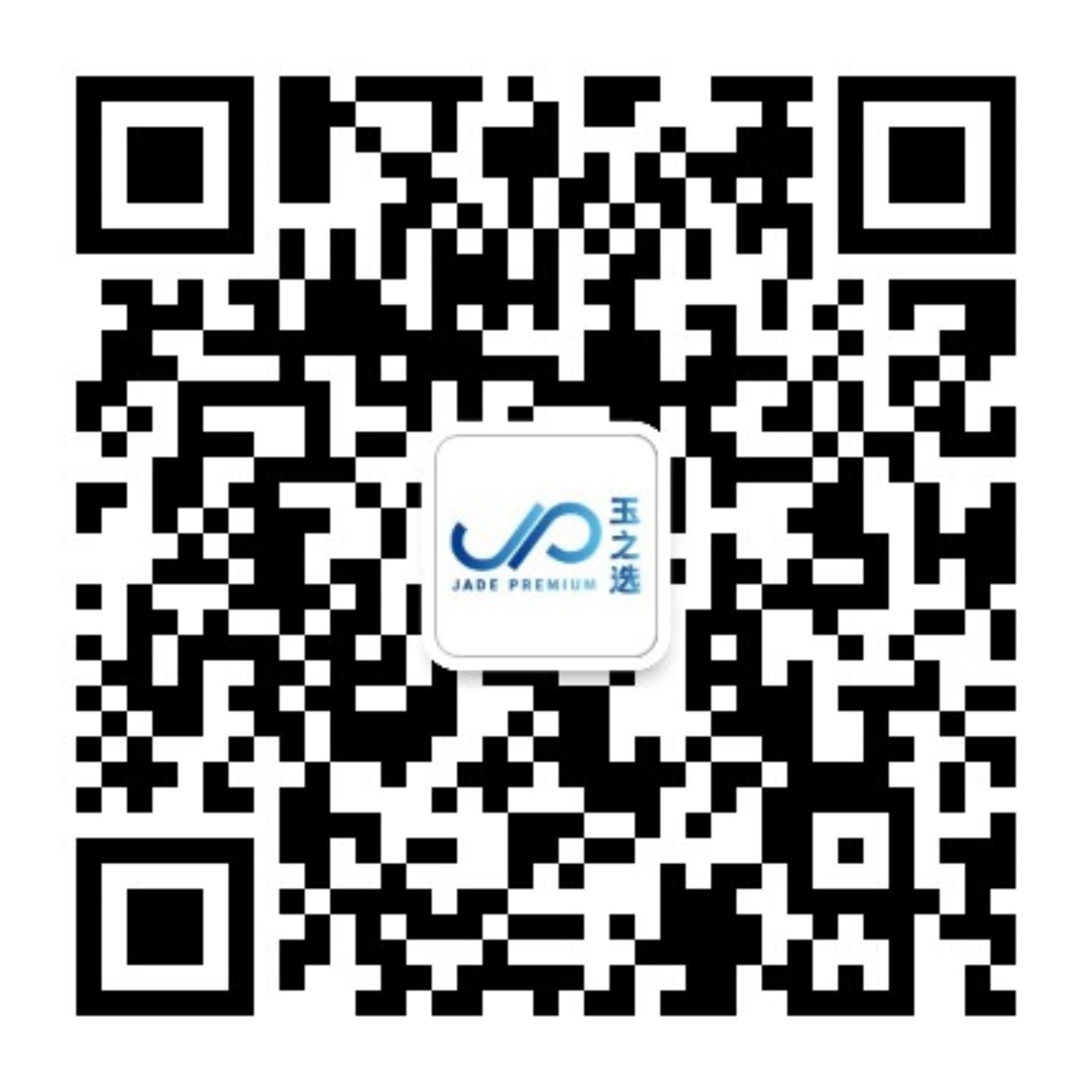Food Labeling and Packaging Requirements in Indonesia
2025-02-26Mandatory Labeling Elements
Food labels in Indonesia must include at least the following information:
Product name
List of ingredients
Net weight or net content
Name and address of the manufacturer or importer
Halal certification (if required for the target consumer group)
Production date and batch number
Expiry date
Distribution permit number
Specific ingredient source information (if applicable)
Nutritional information
Food Claims Requirements
Nutrition claims, health claims, and other statements on food products must comply with Indonesia’s regulatory requirements. For processed foods with claims, the nutrient content per serving must meet the required standards. All claims must be truthful and accurate and must not mislead consumers.
Special Labeling Requirements
Special labeling is mandatory for:
Halal-certified products (must bear a valid halal certification logo)
Genetically modified (GM) foods
Irradiated foods
Foods containing pork or pork-derived ingredients
Packaging Material List
All food-contact packaging materials must be included in the list of raw materials permitted by the Indonesian Ministry of Trade, ensuring the materials are safe and compliant.
Packaging Material Testing
Packaging materials must undergo relevant safety testing and comply with Indonesian food safety standards to ensure that no contamination occurs during use.
20Standards for Food Additives and Residue Limits
Regulations on Food Additives
Food additive usage must comply with the 2012 Food Additive Regulation (No.033/12) issued by Indonesia’s Ministry of Health.
Production, import, and distribution of food additives require a license from the National Agency of Drug and Food Control (BPOM).
Annex I of the regulation lists approved food additives; Annex II lists prohibited additives.
Maximum usage limits for additives are clearly defined to ensure consumer safety.
Pesticide Residue Limits
Indonesia sets maximum residue limits (MRLs) for 30 types of pesticides on fresh fruits and vegetables:
Citrus fruits: up to 27 MRL test items
Apples: increased to 34 MRL test items
Garlic: increased to 13 MRL test items
For certain pesticides such as abamectin and cypermethrin, Indonesia imposes stricter limits. Exporters must pay special attention to comply with these MRLs.
Heavy metal residue limits:
Lead: maximum 0.1 mg/kg
Mercury in meat: maximum 0.03 mg/kg
Producers must monitor these levels carefully to avoid non-compliance.
Important Considerations for Exporters
Pre-Notification and Quarantine Requirements
According to the Indonesian Ministry of Agriculture, all plant-based fresh food imports must be pre-notified before arrival through the pre-notification system.
Quarantine certificates are required for products from different countries, and exporters must ensure that the required certificates are prepared based on the product’s origin and Indonesian regulations.
The quarantine certificate serves as proof that imported food meets Indonesian quarantine requirements and must be valid and authentic.
Packaging and Label Review
Indonesia conducts strict reviews of imported food packaging and labeling to ensure compliance with local laws and standards, including:
Label content
Format
Language requirements
The review process involves submission of applications, document verification, and on-site inspections. Exporters should understand the process and timeline and prepare in advance to ensure timely market entry.
Import Procedures and Quarantine Inspection
During the import process, all fruit and vegetable products must comply with the Animal, Fish, and Plant Quarantine Law, undergo health inspections at designated ports, and be treated for quarantine pests if required.
Since 2012, Indonesia has implemented a fruit and vegetable import quota system. Importers must obtain an Importer Identification Number (API) to conduct import activities. Exporters should be aware of the quota system and licensing requirements, apply in advance, and ensure that all imports are legal and properly documented.

